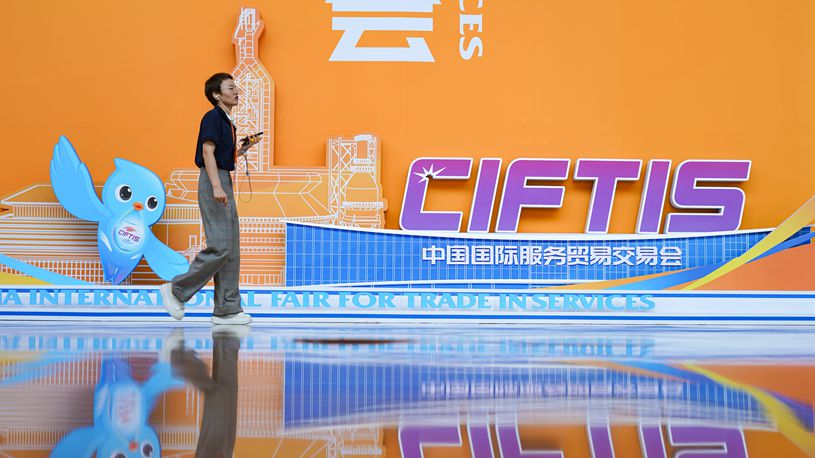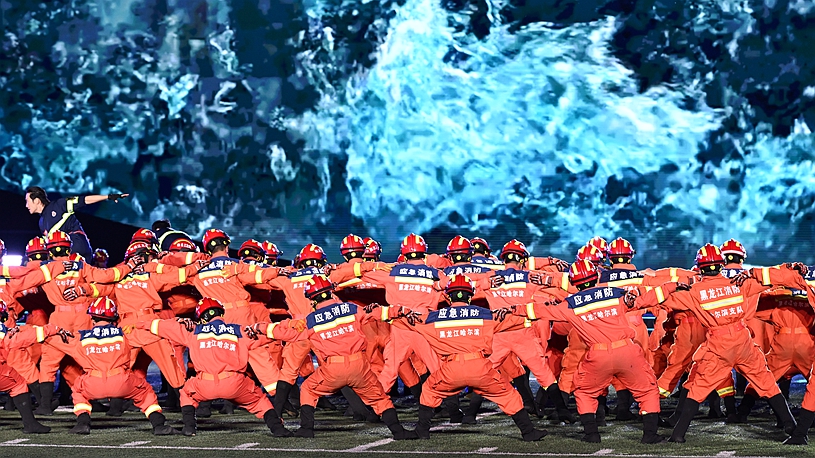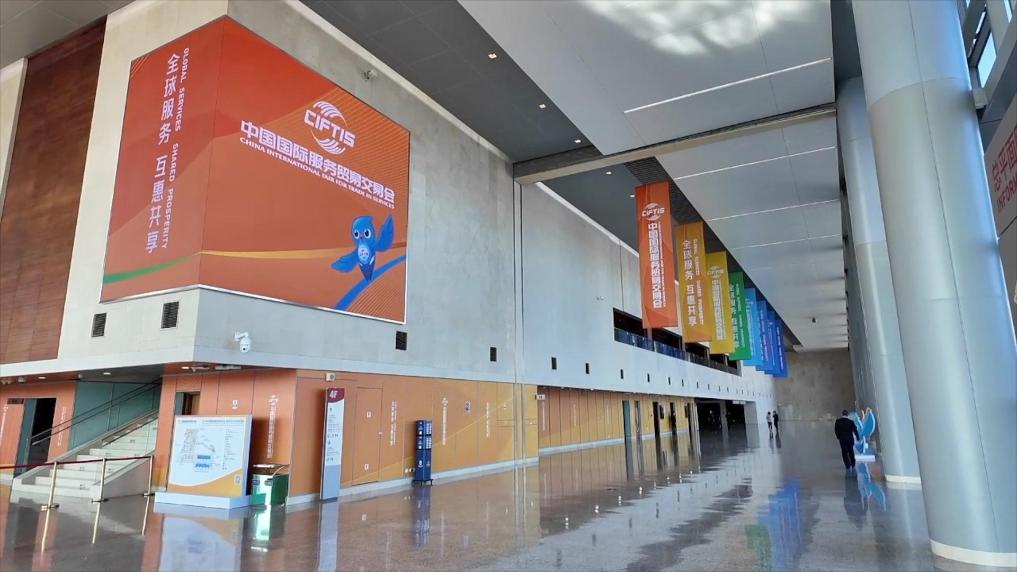BEIJING, Sept. 14 (Xinhua) -- The U.S. administration on Friday finalized sharp tariff hikes on some Chinese imports, including a 100 percent duty on electric vehicles (EVs), drawing harsh criticism from industrial insiders and experts.
In addition to the duty on EVs, the tariff rate will go up to 50 percent on solar cells and to 25 percent on EV batteries, critical minerals, steel and aluminum products, and ship-to-shore cranes, beginning Sept. 27, according to the U.S. Trade Representative's Office.
Kuang Xianming, deputy head of the China Institute for Reform and Development, warned that the U.S. decision could backfire, saying that besides harming its trading partners, the imposition of tariffs is also unfavorable to relevant industries within the United States, and disrupts global economic and trade rules as well as the overall global economic order.
The purpose of the U.S. tariffs is to increase the cost of entry for Chinese products and thus reduce their competitiveness, but the competitiveness of the Chinese products largely stems from their cost performance. If the Chinese manufacturers continue to leverage the quality and performance of the products, they will still maintain their competitive advantage despite the U.S. policies, he said.
The tariff hikes will harm the United States and the whole world as the "global economy is too interdependent," said Sven O. Otten, general manager of Tünkers (Jiangsu) Automation Technology Co., Ltd.
Some American and European manufacturers are producing cars in China for the whole world, and these manufacturers will also be impacted by the tariff hikes, Otten said.
According to a Guangdong-based technology company focusing on the exports of camera products, the rise in tariffs is a "strategic tool" employed by American politicians to stifle the growth of China's emerging industries, constituting an unfair competitive practice. The company is determined to further improve its products through technological innovation and continue to attract global buyers.
Commenting on the 25 percent tariff on Chinese-manufactured ship-to-shore cranes, Wang Xing, partner expert of global strategy consulting firm Roland Berger, said the tariff increase is driven by broader geopolitical and domestic political considerations rather than the protection of U.S. domestic industries.
The U.S. tariff increase has a limited overall effect on China's ship-to-shore crane industry, Wang said, adding that the Chinese industry's global competitiveness is likely to remain strong due to its technological and cost advantages, though it may face short-term challenges in the U.S. market. ■










